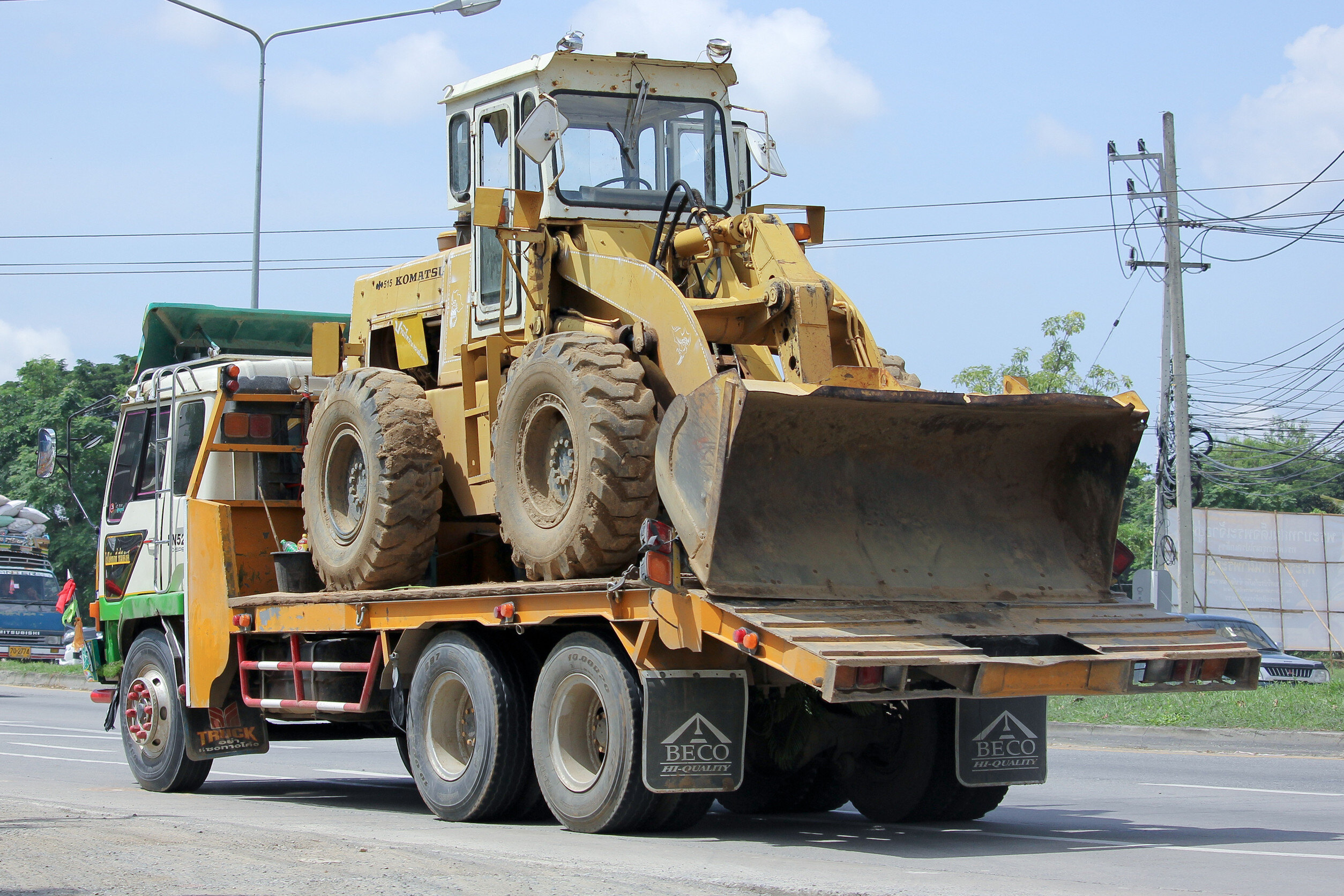2 min read
Mendoza v. Fonseca: CA Court Rejects Prevailing Wage for Transport
Joe Whitcomb
:
March 22, 2025

The case of Mendoza v. Fonseca McElroy Grinding Co., Inc. involved a dispute over whether workers performing mobilization work—transporting heavy machinery to and from a public works site—were entitled to prevailing wages under California's labor laws. The Supreme Court of California ruled that mobilization work does not qualify as public work under California’s Prevailing Wage Law (PWL) unless it is explicitly defined as such in the statute. This decision clarified the scope of prevailing wage requirements for off-site work associated with public projects.
Background and Legal Issues
The plaintiffs, a group of construction workers employed by Fonseca McElroy Grinding Co., Inc., were responsible for operating roadwork grinding machines on public works projects. As part of their duties, they transported these heavy machines to and from off-site locations, a process referred to as mobilization. They were paid a lower wage rate for this transportation work than for their on-site public works duties.
The workers sued, arguing that under California Labor Code section 1772, mobilization work should be considered part of public works and therefore subject to the state’s prevailing wage laws. The key legal issues in the case were:
- Whether mobilization work was covered by the definition of “public work” under the California Labor Code.
- Whether section 1772 of the Labor Code, which states that workers employed "in the execution of" a public works contract are deemed to be employed on public work, expanded the definition of covered work to include mobilization.
- Whether existing case law supported applying prevailing wage laws to transportation of heavy equipment to and from a job site.
Court’s Analysis and Findings
The California Supreme Court held that:
- Mobilization work is not explicitly listed under the definitions of public work in the prevailing wage statutes.
- Labor Code section 1772 does not expand the definition of public work; rather, it clarifies that workers performing work explicitly defined as public work are entitled to prevailing wages, regardless of whether they are directly employed by a public agency or a contractor.
- The court rejected prior lower court rulings that had interpreted section 1772 broadly, finding that such interpretations improperly extended prevailing wage requirements beyond what the legislature had specified.
- While some tasks performed off-site may qualify as public work if they are integral to a construction project, the court determined that simply transporting machinery was not sufficient to meet this standard.
The ruling disapproved previous cases that had applied a broader “integrated aspect” test to determine coverage under prevailing wage laws, reaffirming that only work explicitly listed in the statute qualifies as public work.
Conclusion and Ruling
The Supreme Court of California ruled that mobilization work does not qualify as public work under the state’s prevailing wage law unless specifically included in the statutory definition. This decision clarified the scope of prevailing wage laws and reinforced the principle that statutory language determines whether work qualifies for higher wage protections.
Legal Guidance for Government Contracting and Compliance
Understanding prevailing wage requirements is essential for businesses involved in government-funded projects. Our team at Whitcomb, Selinsky, PC assists clients with government contracting compliance, wage disputes, and regulatory matters.


